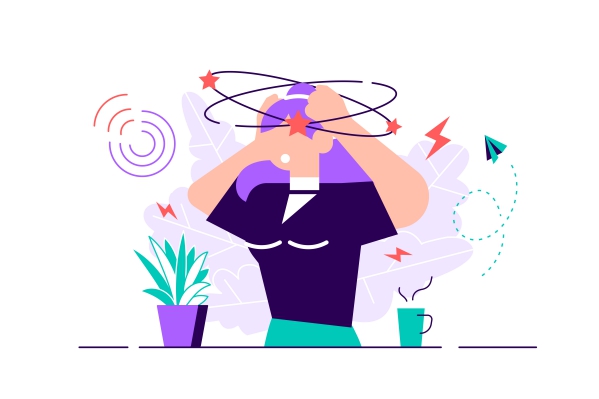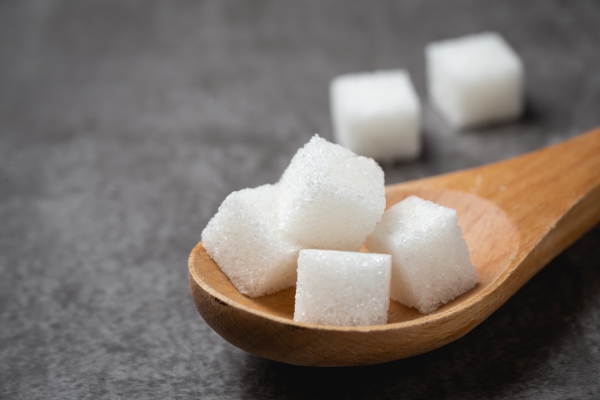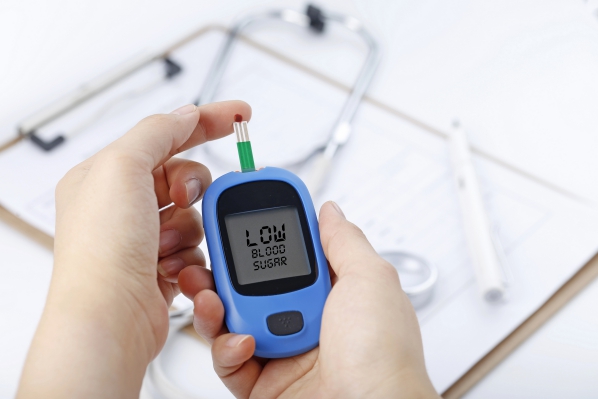What is hypoglycaemia?
Hypoglycaemia is when your blood sugar level falls below the normal level which is 5.6 mmol/L at fasting and 7.8 mmol/L 2 hours after eating. The sugar used as an energy source by your body is glucose. Hypoglycaemia may manifest as altered mental status, increased heartbeat, sweating and fatigue amongst others. This condition may occur due to inappropriate dosage of diabetes mellitus treatment which may reduce your blood sugar level too much resulting in hypoglycaemia. In addition, most of the time it occurs due to overdosing injection of insulin or skipping a meal. It may occur due to other conditions or use of other medications as well.
The treatment of hypoglycaemia involves returning your blood sugar level back to normal either using medications or high-sugar foods or drinks. However, to prevent recurrence of this condition, the cause of hypoglycaemia should be identified and treated.
What are the causes of hypoglycaemia?
For your body to function, it requires energy. This energy is obtained from the breakdown of carbohydrates from foods into glucose. For glucose to enter your cells, insulin- a hormone secreted by your pancreas- is required. The excess glucose is stored as glycogen in your liver and muscles. When your body requires energy, it may breakdown the glycogen with the help of a hormone produced by the liver called glucagon to convert it into glucose again. This helps to keep your blood sugar level within a normal range until you eat.

The causes of hypoglycaemia include:
- Insulin overdose: People suffering from type 1 diabetes require the use of synthetic insulin in the form of injections to keep their blood sugar level within range. Injecting an excessive amount of insulin may cause your blood sugar level below normal. In addition, people suffering from an advanced stage of type 2 diabetes may also require the use of insulin overtime.
- Anti-malaria drug: The side effect of the anti-malaria drug called quinine is hypoglycaemia.
- Alcohol abuse: Drinking alcohol in excess may result in you not eating enough, leading to hypoglycaemia.
- Overproduction of insulin: A tumour of the pancreas (insulinoma) may result in overproduction of insulin by your pancreas, leading to hypoglycaemia. Enlargement of the cells in your pancreas, responsible for the production of insulin may result in overproduction of insulin, resulting in hypoglycaemia.
- Severe illnesses: Severe illnesses such as liver cirrhosis or kidney failure may lead to the accumulation of medications in your blood due to the inability to excrete these medications properly, leading to hypoglycaemia.
- Having very sweet foods or drinks: Hypoglycaemia may not only occur if you have not eaten but may also occur after meals. Having very sweet foods or drinks may result in hypoglycaemia, as your pancreas may produce an excessive amount of insulin in an attempt to return your blood sugar level back to normal.

What are the signs and symptoms of hypoglycaemia?
The signs and symptoms of hypoglycaemia include:
- Tiredness
- Increased heartbeat
- Anxiety
- Sweating
- Hunger
- Numbness of the cheek, tongue or lips
- Pale skin
- Shakiness
- Dizziness
- Confusion
- Blurred vision
- Coma
- Difficulty breathing
- Increased or decreased blood pressure
- Double vision

Making a diagnosis
To make a diagnosis, your doctor will take a detailed history from you to know more about your symptoms, any medical conditions you suffer from, the medications you are currently on and your drinking or smoking habits. After the history taking, your doctor will perform a thorough physical examination to look for signs of hypoglycaemia. To confirm the diagnosis, your doctor may order some tests and these include:
- Blood glucose level: Measurement of the blood glucose level is the first and most important test to be done in the diagnosis of hypoglycaemia. A fasting blood glucose level of less than 5.6 mmol/L and a random blood glucose level (blood glucose level 2h hours after a meal) of less than 7.8 are diagnostic.
- Insulin level: A high insulin level may be the cause of the hypoglycaemia which is why it may be tested in some cases.
- C-peptide level: Any time the insulin level is elevated, a c-peptide level should be obtained as it may point towards an insulinoma.
- Magnetic Resonance Imaging (MRI) scan: An MRI scan may be done to assess for the presence of insulinomas.

What are the treatments of hypoglycaemia?
People suffering from fasting hypoglycaemia should have frequent meals or snacks which are high in carbohydrates, especially at night. If the insulin level is high, intravenous octreotide may be used to suppress the excessive insulin secretion by the pancreas. In addition, as exercise burn carbohydrate, people suffering from fasting hypoglycaemia should avoid doing significant physical activities. The definitive treatment for a fasting hypoglycaemia caused due to a tumour is surgical resection of the tumour.
The immediate treatment for severe hypoglycaemia is injection of glucagon or intravenous glucose.
Diabetic people suffering from frequent episodes of hypoglycaemia should consult their doctor again so that he/she can modify your treatment or dosage of the medications being taken.
What are the complications of hypoglycaemia?
If hypoglycaemia is left untreated, the following complications may ensue:
- Seizures
- Coma
- Death
- Loss of consciousness
- Falls
- Road traffic accidents
- Irregular heart rhythms
- Paralysis of your arms or legs
- Memory impairment
- Reduced language skills
- Frequent infections

Expectations (prognosis)
Fasting hypoglycaemia if identified early and treated appropriately, the prognosis is excellent. The prognosis is poor in cases where the cause for hypoglycaemia is an inoperable cancerous tumour.

Source:
J. Alastair, I. and Simon, M., 2016. Davidson's Essentials of Medicine. 2nd ed. London: ELSEVIER.
Parveen, K. and Michael, C., 2017. Kumar & Clarks Clinical Medicine. 9th ed. The Netherlands: ELSEVIER.
Hamdy, O., 2021. Hypoglycemia: Practice Essentials, Background, Pathophysiology


